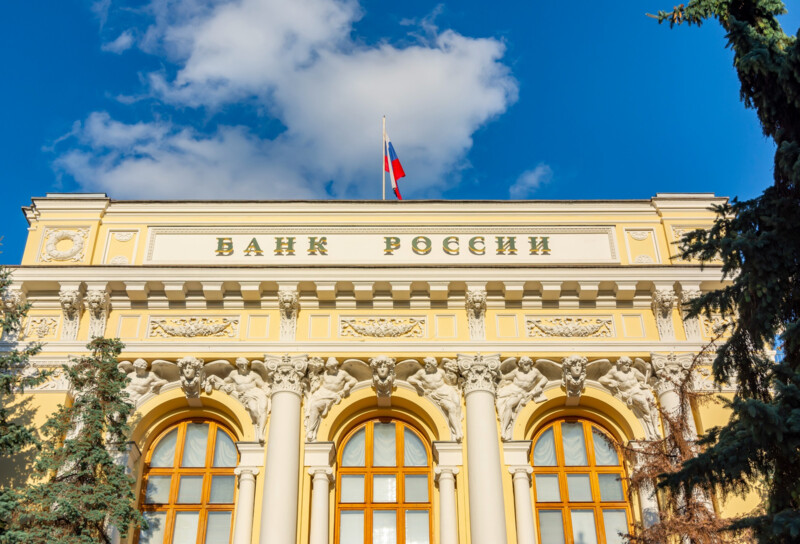La Commission européenne a approuvé l’adoption d’une nouvelle vague de sanctions à l’encontre des banques russes. Quatre banques supplémentaires seront soumises au gel des avoirs, parmi lesquelles VTB, la deuxième banque du pays. Sberbank, la première banque russe, est toutefois épargnée par Bruxelles.
7 banques russes soumises au gel des avoirs
En 7 semaines, les 27 États membres de l’Union européenne ont mis au point plusieurs vagues de sanctions contre la Russie. Cette cinquième salve de sanctions, approuvée par la Commission européenne, fait passer de 3 à 7 le nombre de banques russes soumises au gel des avoirs.
VTB, deuxième banque publique du pays, est désormais elle aussi concernée par les sanctions, de même que Otkritie Bank, Sovcombank et Novyikombank.
Ces quatre banques, qui représentent 23 % du marché bancaire russe, voient donc leurs actifs gelés, et aucun État membre n’est autorisé à leur fournir des fonds ou à effectuer des transactions avec elles. Les filiales européennes de ces banques sont également concernées par les sanctions.
Sberbank et Gazprombank échappent aux sanctions européennes
Dorénavant, toutes les banques exclues du système Swift sont donc également touchées par ces dernières sanctions, ce qui apporte plus de cohérence aux mesures prises par les 27 États membres de l’Union européenne.
En revanche, si les États-Unis ont gelé les avoirs de Sberbank, la principale banque publique russe, et interdit toute transaction avec des acteurs américains, ce n’est pas le cas de l’Europe, qui n’a pour l’heure pas pris de sanction à son encontre.
Par ailleurs, Gazprombank, la filiale bancaire du géant gazier Gazprom, n’est pas non plus visée par les sanctions. Et pour cause : c’est par elle que transitent tous les paiements des acheteurs de gaz russe, avant d’être convertis en roubles selon les exigences de Vladimir Poutine.
Depuis le début de la guerre en Ukraine, les pays européens ont versé 35 milliards d’euros à la Russie pour leurs achats d’énergie.
Quant à la première banque privée russe, Alfa Bank, qui possède des filiales à Chypre et au Luxembourg, elle peut poursuivre ses activités en Europe, mais a été sanctionnée par les États-Unis au même titre que Sberbank.
D’autres sanctions financières ont été approuvées par la Commission européenne, comme l’interdiction de fournir des services de cryptoactifs « à forte valeur » à la Russie, ou encore l’interdiction de fournir des conseils fiduciaires aux ressortissants russes fortunés.
